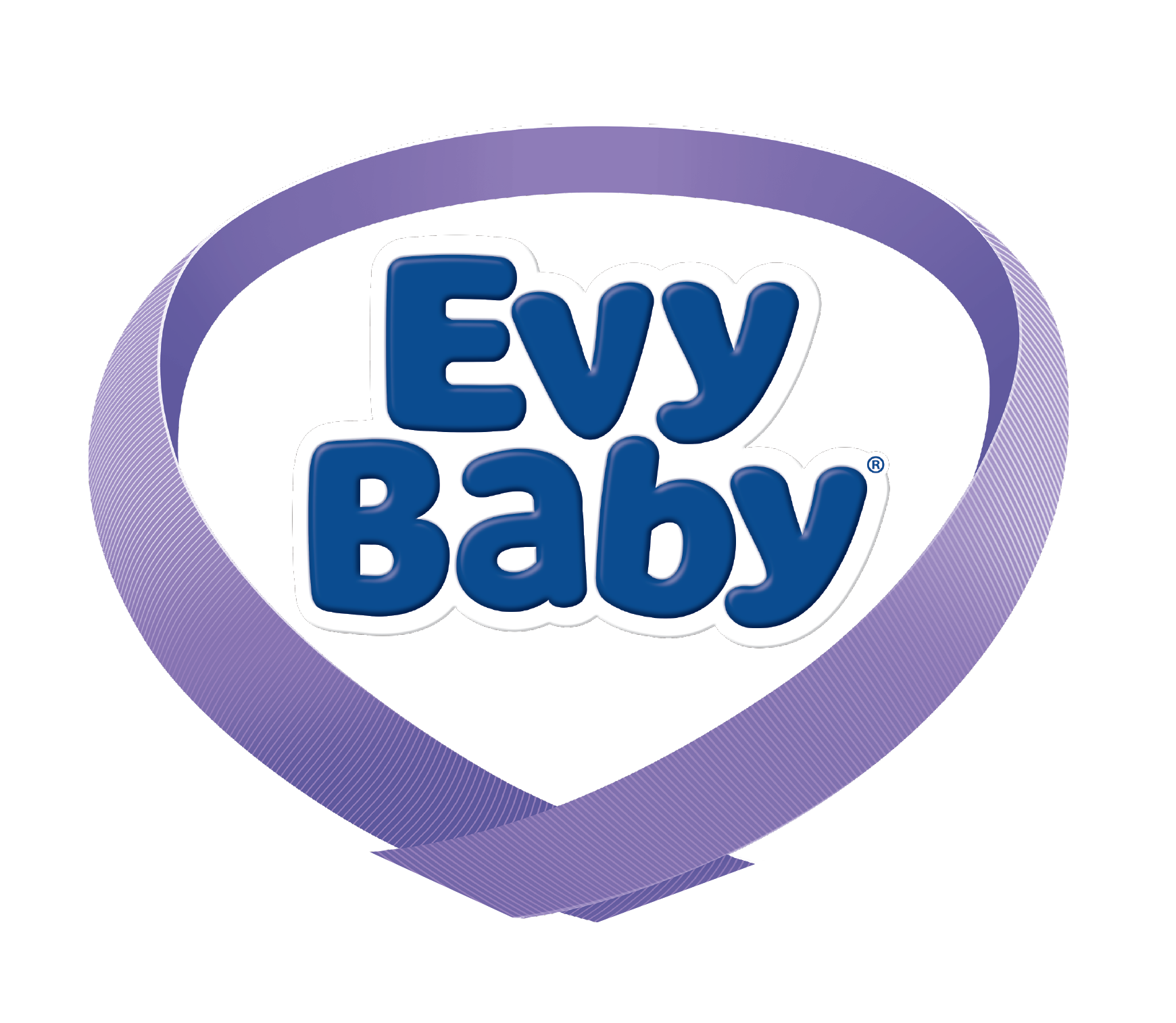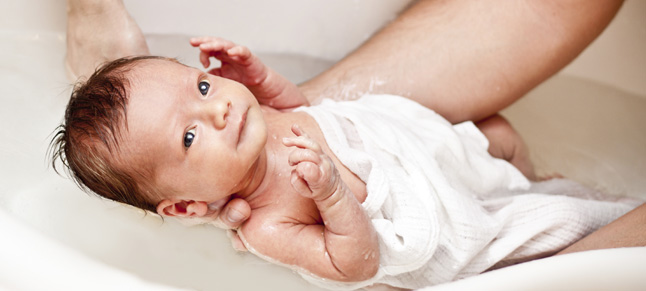

Your baby, who you carried in your tummy for nine months and whose birth you and your partner waited for excitedly, finally opens his/her eyes to the world. While your baby is getting used to life, you will learn new things too.
One of these is your baby's first bath. When you give your baby, who has a soft and delicate body, his or her first bath, it is quite normal to feel uncomfortable, but you don’t need be worried.
In baby care, regular baths are important for newborn babies, and a certain method should be followed. Therefore, in our first article in Mom’s Land, we will talk about the tips that will help you to give your baby his or her first bath.
Every baby is different: she/he may not like water at all, or she/he may turn bath time into a game and make your work difficult with her movements. This is extremely natural. Your baby will eventually get used to bath time. You certainly shouldn’t panic as parents.
When bathing a newborn baby, one of the most important points to consider is the umbilical cord, which should not get wet. In the first three weeks after birth, the umbilical cord will normally drop; if not, your newborn baby’s bath should be done using a cloth or sponge soaked in warm water, with the baby on a soft surface. In this instance, you should wash your baby's body section by section.
A small amount of bath soap and shampoo may be used in your baby’s bath, but should not be applied to your baby's body directly. Ensure bath soap is dissolved in the water, and use a cloth or sponge to wash your baby’s skin and hair.
In the newborn bath, the water temperature is also very important. Water should be around the body temperature of 36–37 degrees and room temperature should be around 24–25 degrees.
Wipe your baby's mouth, chin, neck and genitals often with soap-free wet wipes or a cloth or sponge. These parts of the baby’s body are the parts which easily get dirty.
Ensure that you rinse your baby’s skin and her body parts where folds form (the knees, armpits, buttocks etc.) because any soap remaining on the baby’s skin can cause irritation.
If your baby has wind or is unsettled, it can help to give her/him a bath before bedtime. Avoid bathing your baby immediately after feeding.
Never leave your baby unattended during bath time. If necessary, get help from your partner, family member or a friend.
Support your baby's head and back with your hand while bathing your baby. Newborn babies are not able to move these parts by themselves yet.
Pay particular attention to your baby’s body parts that are difficult to clean, such as between the fingers and toes, and around the eyes.
During bath time, you should maintain your newborn’s body temperature. As soon as possible after the bath, wrap your baby properly with a soft towel.
Once your baby's umbilical cord has fallen, you can bathe him/her in a tub lined with a soft towel.
When you switch to a normal bath, make sure you have everything you need by your side: a soft cloth or sponge, a large towel, Evy Baby baby soap, tear-free baby shampoo, and a hairbrush or comb.
If you have a baby with hair, you may use a special tear-free baby shampoo, provided that you do not use it directly on his/her body; instead, you should mix it in water and apply using a sponge or cloth, taking care to rinse it off thoroughly with clean water.
Meanwhile, it is advisable to check the water and the room temperature. In particular, the temperature of the water you use in your baby's bath is very important. You shouldn’t use water that is hotter than body temperature (more than 36–37 degrees). Excessive use of hot water can damage your baby’s skin. To prevent this, water temperature can be checked by the heat-sensitive parts of your body like the back of your wrist or your elbow.
Applying the above tips when bathing a newborn baby will help to relax you, as parents, and your baby. And don’t forget, you can use songs and games to turn bath time into fun for your baby!